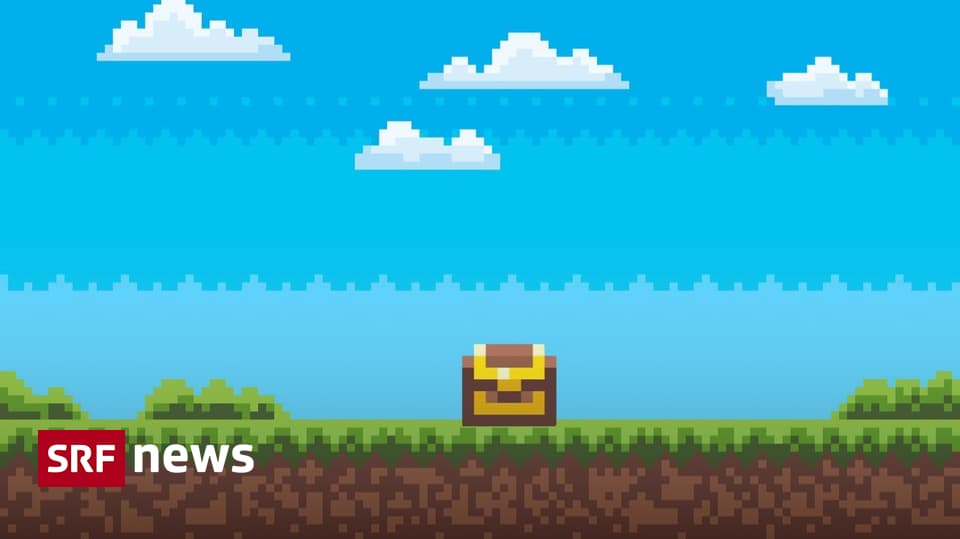Free games make billions from in-game purchases. A small army of game developers, designers, psychologists, data analysts and economists work behind the scenes to reach the players’ wallets.
The mobile game industry earns $100 billion every year. About half of that comes from in-game purchases. How does the industry get its customers to spend so much money for a product that is actually free?
Hooked
The business model works in three steps.
- Lure players into the game. The game works install for free and play.
- The game make a habit. By enticing players to open the game multiple times a day and showering them with rewards, you condition them to open the game habitually and almost automatically.
- Is the game the players grown on the heart, you can ask to checkout. An attractive shop invites you to buy, in-game currencies sweeten spending money and loot boxes appeal to the gambler in us. Events and time-limited offers always create new buying opportunities. Frustration barriers make even the last ones open their wallets.
The free gaming industry has perfected this technique over the years. What sounds like a contradiction at first: Very few players ever spend money in free games.
For an average mobile game, the reality is this: Only two percent of all players pay anything at all, and most of these pay very little. But there is a small group that puts hundreds or thousands of francs into the game: The 0.1 percent who spend the most in a game make up about half of the in-game purchases.
Who are the «Whales»?
This small group is called cetaceans or «whales». The gaming industry likes to paint a positive picture of these whales: wealthy people who see gaming as a hobby and are happy to put their money into the game.
This isn’t wrong, but it ignores another reality: Many of the whales are vulnerable individuals. This includes children and young people, people with psychological problems such as depression or gambling addiction, people who are in a difficult situation in life, for example because they have lost their job or a loved one has died, or people with ADHD or autism.
You can get help here
These people are particularly vulnerable to the tricks of the free games. They often spend a lot more money than they actually want, sometimes fall into debt or slip into addiction.
What counts?
Many free games tricks border on unfair competition. According to the law, deception and aggressive sales methods are not allowed. So far, however, there has been no court decision. Also on the Seco website (State Secretariat for Economic Affairs) has not yet received any complaints about free games.
Some elements resemble gambling, especially the loot boxes. However, it is like this in Switzerland: If you cannot win any money and no “monetary advantage” in a game, it is not considered gambling. Therefore, children are also allowed to buy loot boxes, there are no spending limits for problem players and the manipulation of chances of winning is allowed.
The Federal Council believes that loot boxes are problematic. But he doesn’t want a law, he wants to promote the media skills of the players.
More on the subject in the SRF Digital Podcast:
